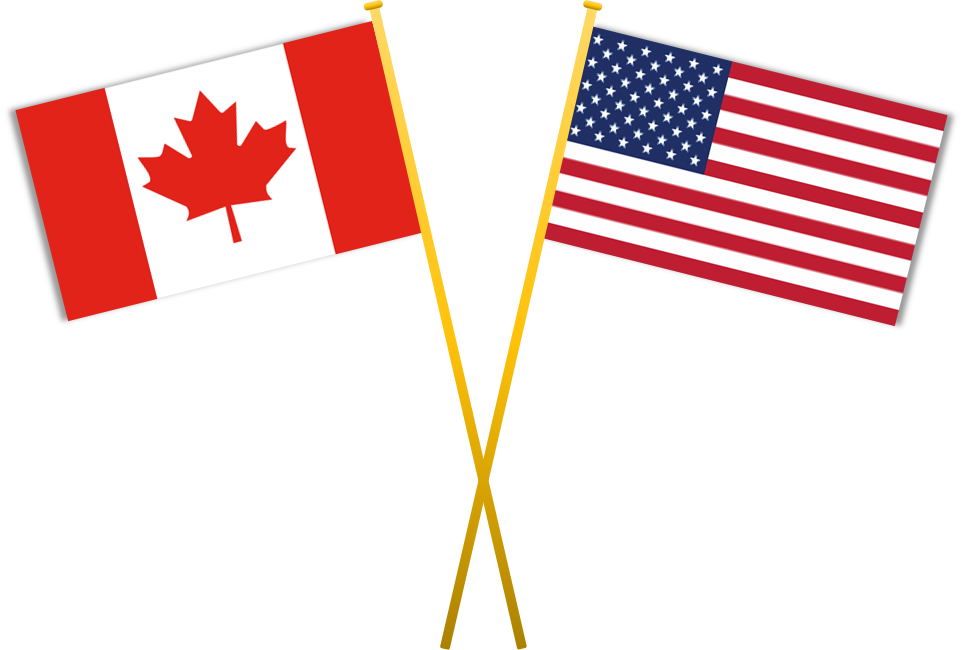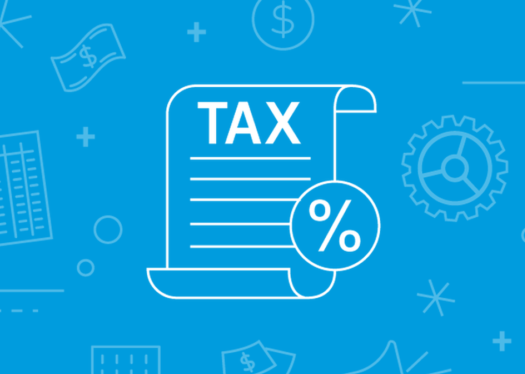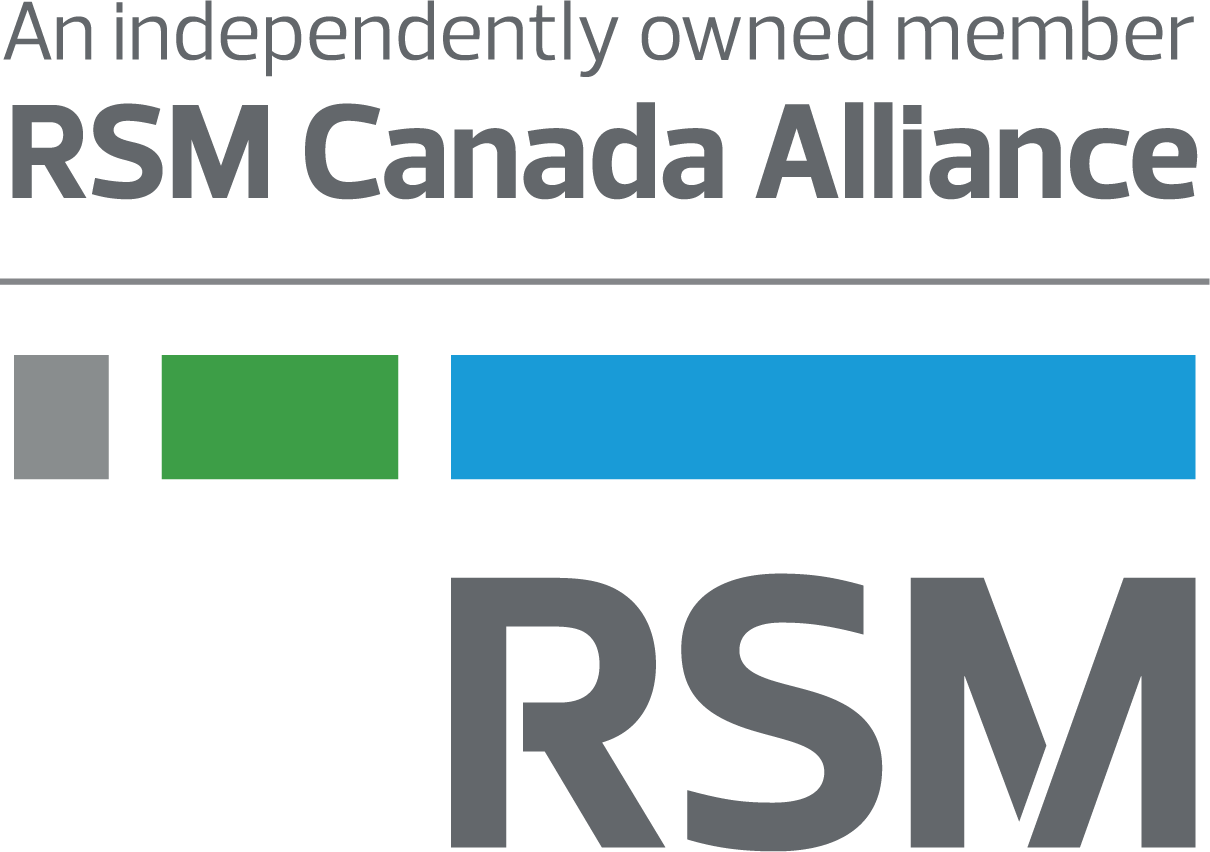
November 19th, 2024
U.S. Challenges Canada’s Digital Services Tax Act Under CUSMA
The Federal budget proposed AMT changes impact tax benefits for individuals and trusts.
Posted on September 15th, 2022 in Domestic Tax, General Business

On Sept. 1, 2022, the Select Luxury Items Tax Act (the Luxury Tax Act), a part of Bill C-19, came into force. The Luxury Tax Act imposes a tax (the Luxury Tax) on the sale and import of certain vehicles, aircraft, and vessels (collectively referred to as subject items) exceeding a specified price threshold.
The Luxury Tax applies to the supply and sale of subject items in Canada exceeding the threshold of $100,000 for vehicles and aircraft and $250,000 for vessels. However, not all vehicles, aircraft and vessels exceeding these thresholds are captured by the Luxury Tax. There is an exemption for subject aircraft and some subject vessels that are used at least 90% of the time for certain qualifying purposes, which are designed to encompass purposes other than leisure, recreation, sport or other enjoyment of the owner or their guests.
The amount of the Luxury Tax is the lesser of (i) 10% of the total “taxable amount” of a subject item, or (ii) 20% of the amount by which the taxable amount of a subject item exceeds the Luxury Tax threshold ($100,000 or $250,000). In the case of the sale of the subject item, the taxable amount generally consists of the consideration and any amount paid for the improvements. Similarly, when imported, the taxable amount is the sum of the value of the subject item as determined under the Customs Act and the amount of any duties and taxes (other than the GST/HST) that is payable upon importation. Any modifications made to the subject items within 12 months of purchase may also be subject to self-assessment of the tax where certain conditions are met. Accessibility modifications are generally excluded.
The Luxury Tax is generally payable by the vendor at the point of sale, except in situations where the vendor is a federal or provincial government or agency, an indigenous governing body or a diplomat, the purchaser must pay the tax.
Under the Luxury Tax Act, ‘registered vendors’ are those that, in the course of their business activities, manufacture, wholesale, retail, or import subject items priced over the thresholds.
Specifically, a person that is required to register as a registered vendor of a luxury item must apply with the CRA by the earlier of:
However, a registered vendor can purchase subject item(s) from another registered vendor in regards to the same type of select good without any Luxury Tax obligation. To avail this exemption, the purchaser needs to provide an exemption certificate to the seller.
In contrast, non-registered persons, i.e., individual consumers, that acquire or import subject items for their personal use or enjoyment are also required to pay the Luxury Tax and should fulfill the reporting requirements stated below.
Under most circumstances, the reporting periods under the Luxury Tax are calendar quarters. Registered vendors are required to file a Luxury Tax return with the CRA for each reporting period. On the other hand, non-registered vendors are required to file the return only for the reporting period(s) where they have Luxury Tax payable. The Luxury Tax return must specify the total Luxury Tax payable for the particular reporting period. Returns are due at the end of the month following the quarterly reporting period. The first reporting period is Sept. 1, 2022, to Dec. 31, 2022, and hence, the first return is due Jan. 31, 2023.
If there is an amount of Luxury Tax owing for a particular reporting period, the taxpayer is required to pay that amount to the Receiver General on (or before) the same day that the related return is required to be filed with the CRA. The payment must be made electronically if the amount to be paid exceeds $10,000.
This article was written by Sigita Bersenas, Chetna Thapar, Clara Pham and originally appeared on 2022-09-15 RSM Canada, and is available online at https://rsmcanada.com/insights/tax-alerts/2022/will-you-have-to-pay-a-new-tax-on-your-luxury-items.html.
The information contained herein is general in nature and based on authorities that are subject to change. RSM Canada guarantees neither the accuracy nor completeness of any information and is not responsible for any errors or omissions, or for results obtained by others as a result of reliance upon such information. RSM Canada assumes no obligation to inform the reader of any changes in tax laws or other factors that could affect information contained herein. This publication does not, and is not intended to, provide legal, tax or accounting advice, and readers should consult their tax advisors concerning the application of tax laws to their particular situations. This analysis is not tax advice and is not intended or written to be used, and cannot be used, for purposes of avoiding tax penalties that may be imposed on any taxpayer.
RSM Canada Alliance provides its members with access to resources of RSM Canada Operations ULC, RSM Canada LLP and certain of their affiliates (“RSM Canada”). RSM Canada Alliance member firms are separate and independent businesses and legal entities that are responsible for their own acts and omissions, and each are separate and independent from RSM Canada. RSM Canada LLP is the Canadian member firm of RSM International, a global network of independent audit, tax and consulting firms. Members of RSM Canada Alliance have access to RSM International resources through RSM Canada but are not member firms of RSM International. Visit rsmcanada.com/aboutus for more information regarding RSM Canada and RSM International. The RSM trademark is used under license by RSM Canada. RSM Canada Alliance products and services are proprietary to RSM Canada.
 |
DJB is a proud member of RSM Canada Alliance, a premier affiliation of independent accounting and consulting firms across North America. RSM Canada Alliance provides our firm with access to resources of RSM, the leading provider of audit, tax and consulting services focused on the middle market. RSM Canada LLP is a licensed CPA firm and the Canadian member of RSM International, a global network of independent audit, tax and consulting firms with more than 43,000 people in over 120 countries. Our membership in RSM Canada Alliance has elevated our capabilities in the marketplace, helping to differentiate our firm from the competition while allowing us to maintain our independence and entrepreneurial culture. We have access to a valuable peer network of like-sized firms as well as a broad range of tools, expertise, and technical resources. For more information on how DJB can assist you, please contact us. |
Drop us a line, we look forward to hearing from you.